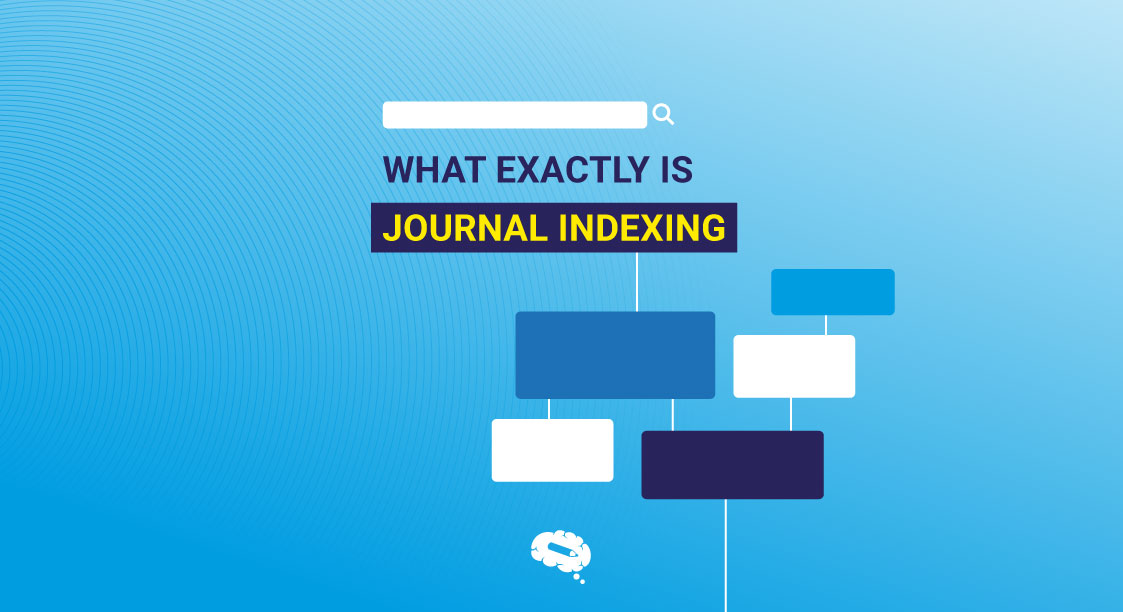Indexed journal: What does it mean?

article research Publish journal
An indexed journal refers to a scholarly or academic journal that has been included in an indexing service or database. Indexing services play a vital role in organizing and categorizing academic publications, making it easier for researchers, scholars, and readers to locate relevant articles on specific topics.
When a journal is indexed, it means that the content within the journal, including research articles, has undergone a rigorous evaluation process and has been deemed worthy of inclusion in a particular indexing service. This evaluation process typically involves assessing the quality, relevance, and academic rigor of the journal's articles. Journals that meet the criteria set by the indexing service are then included in their database or index.
Indexed journals offer numerous benefits to researchers and scholars. Firstly, being indexed enhances the visibility and discoverability of a journal's articles. Researchers frequently rely on indexing services to find relevant literature in their respective fields. Being included in an index increases the likelihood of articles being noticed and cited by other researchers, thus contributing to the overall impact and influence of the journal.
Secondly, indexing services provide search functionalities and categorization options, allowing users to search for articles based on specific keywords, authors, or subject areas. This facilitates efficient literature review and research exploration.
Several well-known indexing services are available in the academic publishing landscape. Some examples include:
- PubMed: Operated by the National Library of Medicine (NLM), PubMed is a widely used indexing service in the field of biomedical literature. It includes a vast collection of articles from medical and life science journals, making it a valuable resource for researchers and healthcare professionals.
- Scopus: Developed by Elsevier, Scopus is a comprehensive abstract and citation database that covers a wide range of academic disciplines. It includes journals, conference proceedings, and other scholarly publications, providing researchers with extensive coverage across various fields.
- Web of Science: Produced by Clarivate Analytics, Web of Science is a multidisciplinary indexing service that encompasses a broad spectrum of scientific disciplines. It offers citation analysis tools and comprehensive coverage of journals, making it an essential resource for researchers seeking to assess the impact of their work and track citation trends.
- Google Scholar: While not a traditional indexing service, Google Scholar is a widely used search engine that indexes scholarly literature, including journal articles, theses, books, and conference papers. It provides a convenient platform for researchers to search for and access academic content across diverse disciplines.
These indexing services, among others, contribute to the visibility and accessibility of academic research. They facilitate the dissemination of knowledge and aid researchers in finding relevant literature, promoting collaboration, and advancing their respective fields of study. For journals, being indexed in reputable services is a mark of quality and recognition within the academic community, ensuring that their articles reach a wide audience of researchers and scholars.

